Online Courses
Theme: Touch of Faith
AMEN is now offering online CME credit for sessions from our 2020 conference: Touch of Faith. If you missed the conference, or have just learned about AMEN, or simply want to get continuing medical education credits while learning how to share Christ in your practice, we invite you to take these courses. You can purchase them a la carte or the package of all 10 credits for just $99.
Plenary Sessions
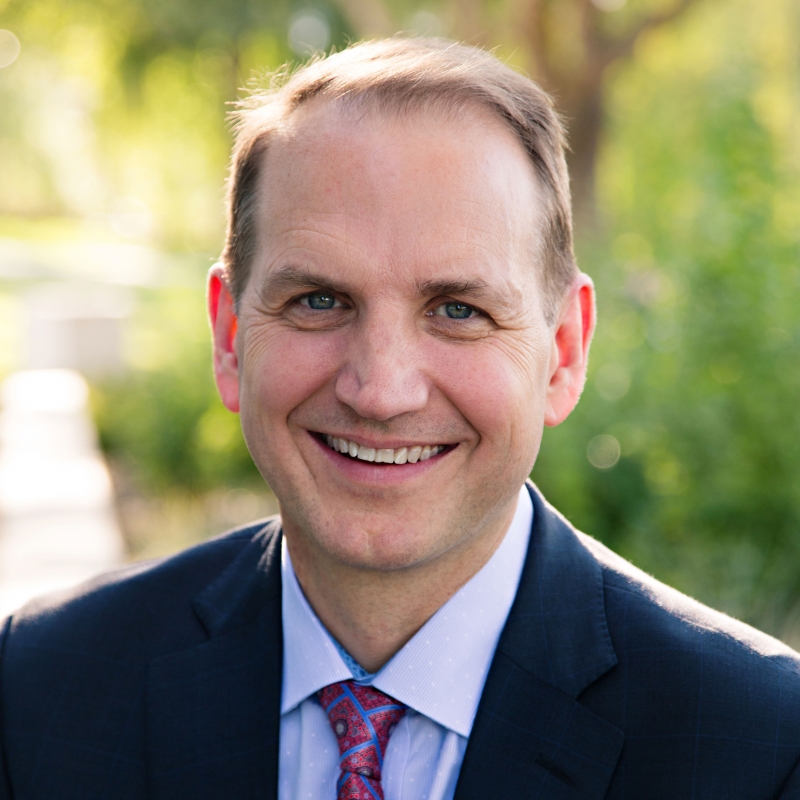
Brian Schwartz, MD
The Healing Touch of Faith
CME
- Discuss COVID-19’s impact on society and the opportunity this provides to use the Adventist health message as an opening wedge to the Gospel.
- Describe how a strong personal relationship with Christ is the foundation to effectively engage in whole-person care.
- Discuss the role faith plays in healing and how introducing patients to the healing power of Christ provides motivation to make lasting lifestyle changes which lead to improved physical outcomes.
- Challenge participants to actively strive to inspire their patients to reach out to Christ with the ‘Touch of Faith’ leading to improved quality of life.
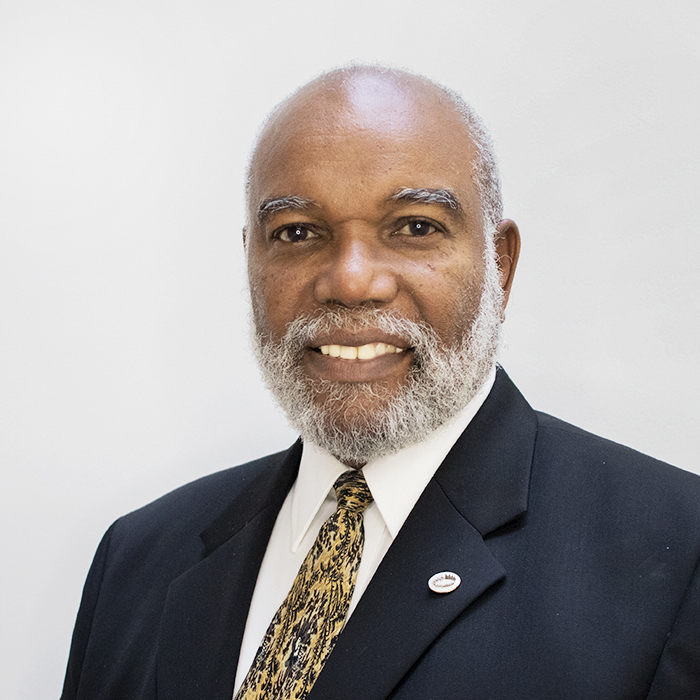
Zeno Charles-Marcel, MD
Spirituality, Religion, and Health: Making Faith Touchable
CME
- Discuss the amplification of distress and erosion of wellbeing brought on by the COVID-19 pandemic
- Describe how religio-spiritual factors affect overall health and the physical, mental-emotional, and social-relational dimensions of health and wellbeing (SHALOM)
- Discuss the ways in which religio-spiritual life is reciprocally affected by the other dimensions of health and wellness
- Cite research-based examples of associations between religio-spiritual health and overall health, wellness, or resilience.
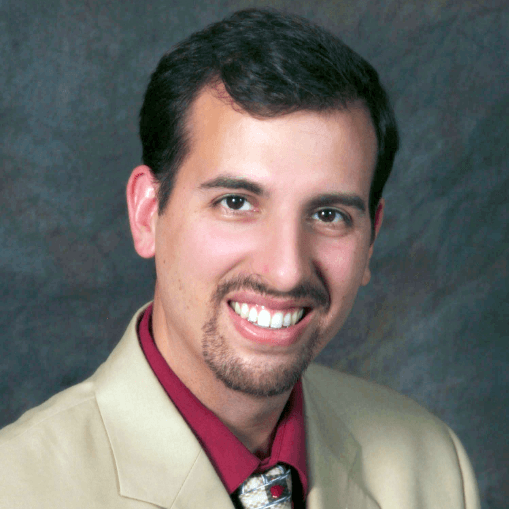
Roger Seheult, MD
COVID-19: The Role of the Medical Evangelist
CME
COVID-19 has been a pandemic for the last 7 months. What has the science told us up to this point? What are the proven treatments as they stand today? What are the emerging treatments? Join us as we discuss the science behind the scourge. It is appearing that the immune system is key early on in fighting COVID. What have we learned about how the virus suppresses our immune system and how can we learn from this to gain an advantage in the fight? The evidence might surprise you.
- Describe the epidemiology and pathophysiology of SARS-CoV-2 in how it affects the human body
- Discuss the latest information and tools for treating COVID-19
- Discuss the ongoing interventions that have promise and are currently being studied
- Challenge participants to combine the tools learned with a spiritual emphasis in communicating with patients.
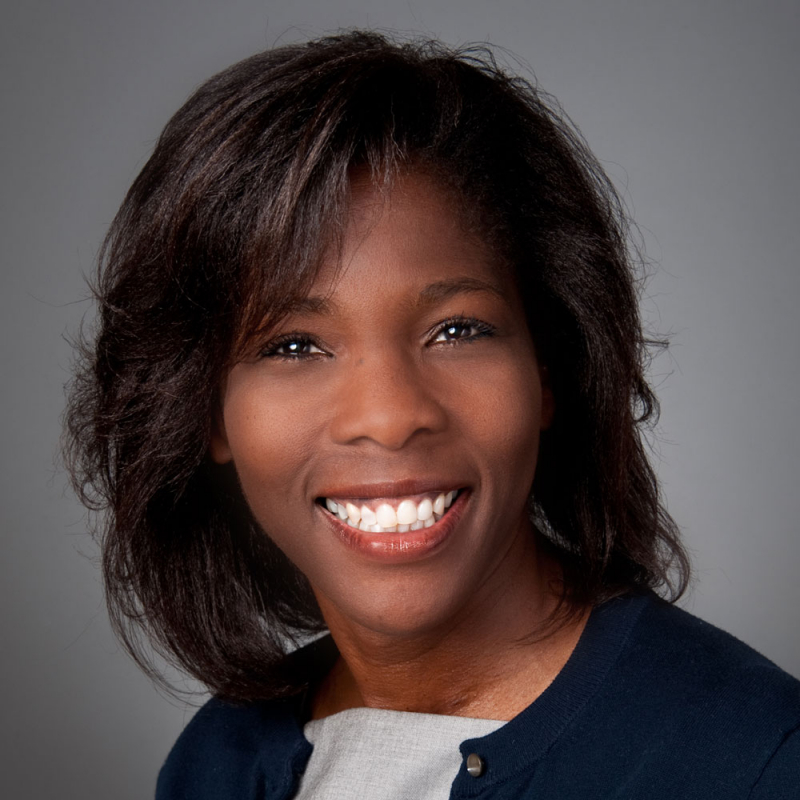
Lyndi Schwartz, MD
Food as Medicine
CME
- Describe consensus views on nutrition
- Discuss what science suggests we should eat
- Discuss the relationship of nutrition to CV disease, Insulin resistance, cancer and obesity
- Based on the evidence presented, explain how food choices impact the Holy Spirit’s transforming power.
Breakout Sessions
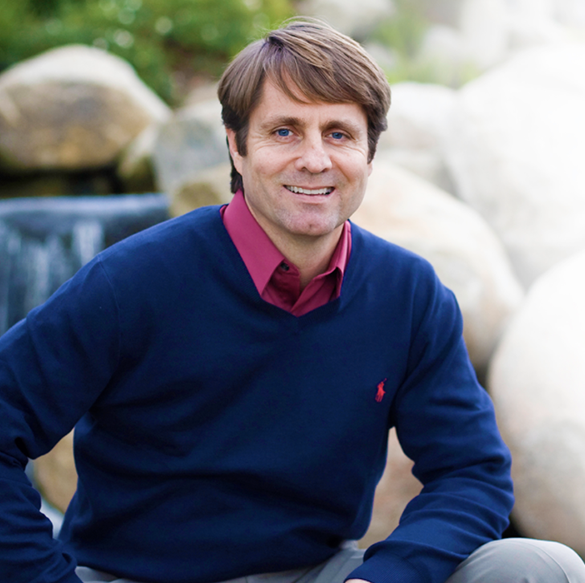
Wes Youngberg, DrPH, MPH, CNS, FACLM
Clinical Application of Lifestyle Medicine Strategies to Prevent and Reverse Cognitive Decline Associated with Alzheimer’s disease
CME
- Discuss the multiple underlying triggers of cognitive decline and the various tests that can properly evaluate each risk factor.
- Review the evidence-based lifestyle medicine protocols used to improve cognitive function in patients with MCI and early Alzheimer’s Disease.
- Apply the clinical principles associated with published case studies demonstrating beneficial outcomes in cognitive function.
- Expand their clinical intervention strategies for those with, or at risk to, cognitive decline to include Whole Person Care concepts that more fully utilize and integrate the role of emotions, socialization and spirituality.

Brian Schwartz, MD
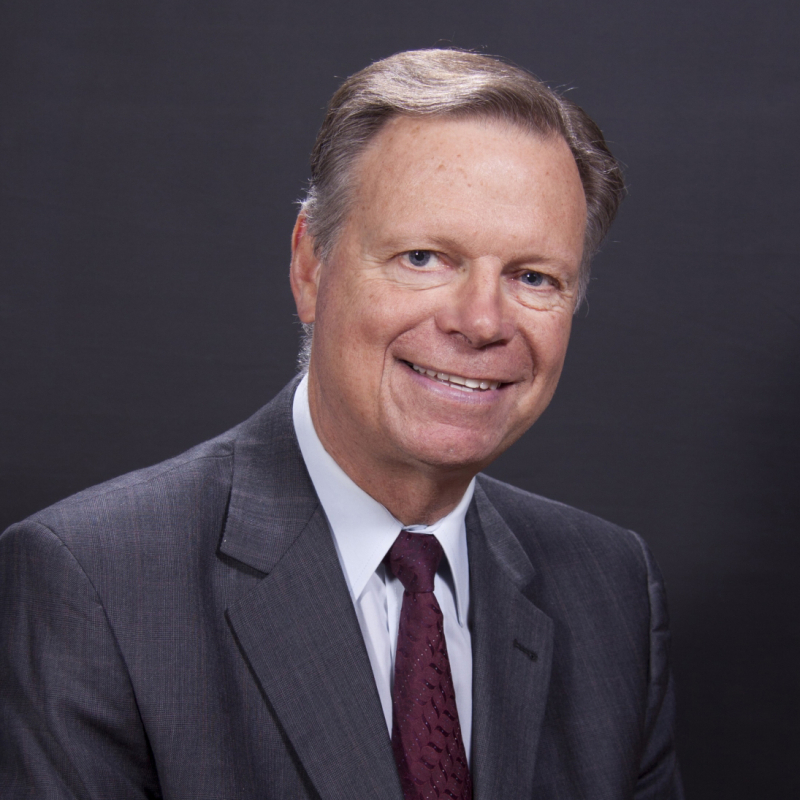
Mark Finley, DDiv
Praying with Patients
CME
Objectives:
- Discuss the value and importance of praying with (for) patients
- Identify “do’s and don’ts” in clinically based prayer
- Demonstrate how to begin praying with patients
- Discuss how praying with patients can lead to improved clinical outcomes
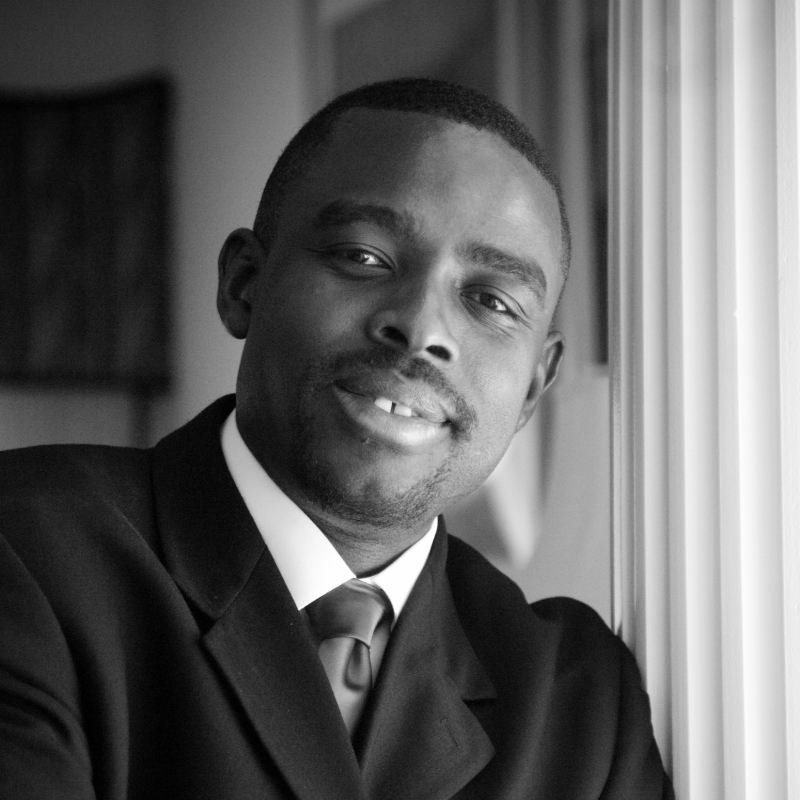
David Turay, MD
Broken Cisterns That Cannot Hold Water
CME
As to Cyrus of Persia was commissioned the sacred task of facilitating the return of the Jews to rebuild; so God has entrusted to heathens the lion’s share of caring for a disease stricken world. Despite major medical advances of the last century; this health system falls short of addressing the physical needs, let alone the spiritual needs of God’s children everywhere. What an opportunity this creates for God fearing Adventist Christians; blessed with knowledge of health and disease to offer something novel and refreshing. The ‘Living Christ’.
- Describe the inadequacies of the world’s system of providing health care (broken cisterns). The woman with the ‘issue’ spent twelve years (nearly a third of her life) in search of a cure. This is not only true in developing nations, but also in scientifically advance cultures.
- God does not allow anything to befall the world/his children without first thinking of a solution. Just like the plan of atonement for sins was put in place before the problem arose, so has God placed within our reach the solution to the world’s health challenges. There is indeed still a ‘balm in Gilead’. You and I have been called to introduce many a soul to the true healer.
- As the enemy deepens antagonism to religion in the minds of people, the Health Message emerges as the best avenue to reach the hearts of people with the GOOD NEWS of salvation through Jesus Christ.
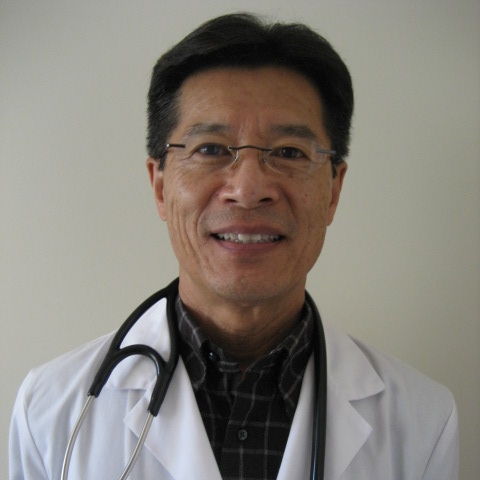
David Lowe, MD
Health Ministry is Where The Heart Is
CME
- Describe the importance of health ministry and the impact health education can have on patients and your local community.
- Demonstrate the increased effectiveness of health education and ministry when working with colleagues and building an interdisciplinary team.
- Discuss the health benefits of a plant-based diet.
- Inspire participants to minister to the physical, spiritual, and emotional needs of their patients and the local community as a whole.
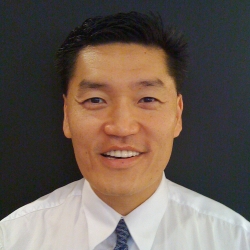
Harvey Hahn MD, FACC
A Fast Way to Live Longer
CME
- Identify the scientific evidence behind intermittent fasting.
- Describe the various methods to implement intermittent fasting.
- Describe the interplay between intermittent fasting and diet, exercise, sleep, and fat burning.
- Discuss how fasting does not just involve food but can extend to anything you partake of – entertainment, books, movies, thoughts.
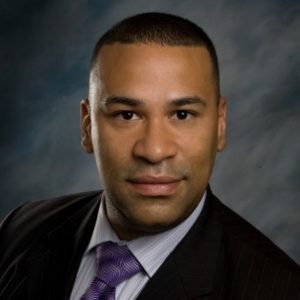
Carlos Moretta, DDS
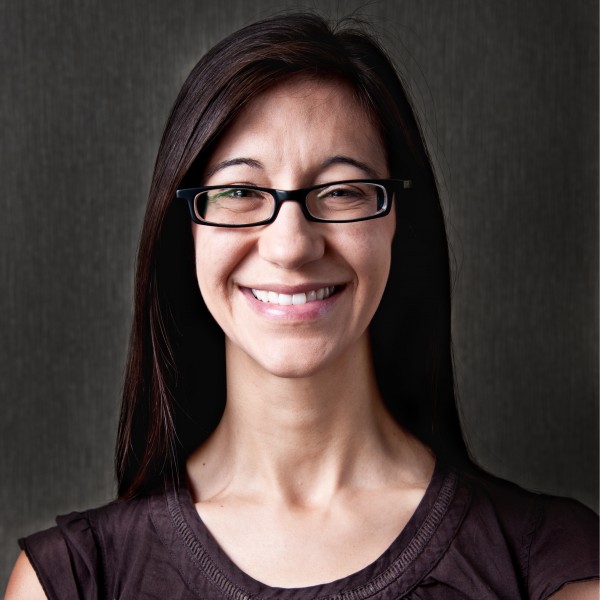
Dafne Moretta, MD
COVID-19’s Impact on Healthcare Providers & Ministry
CMECDE
Since March 2020, most health care providers are facing an abrupt change in work protocol. While most have adapted to Zoom and other video technologies in their respective professional settings, it is important to recognize the value of these systems beyond the scope of work. It is important to learn how best to maximize these technologies to connect with patients, create opportunities for better service and ministry, and maximize balance in daily living.
Objectives:
- Describe the challenges created by the COVID-19 pandemic on implementing whole person care.
- Discuss effective ways to use the internet and technology to engage patients in whole person care
- Challenge participants to use tools learned to continue to make ministry and whole person care a priority despite the challenges of today’s climate.
- Learn how video conferencing can help to nurture and grow one’s own spiritual life.
